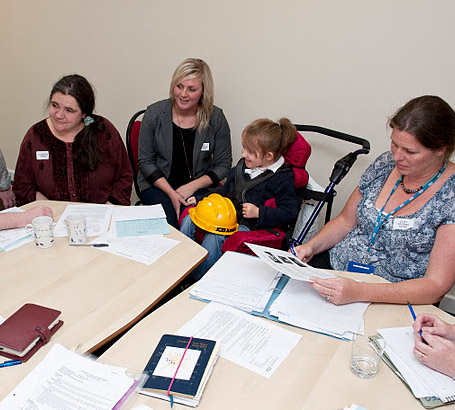
Education staff should expect to be working within a clear school policy framework understood and accepted by parents and staff.
Providing the highest quality personal care is not something an adult is expected to cope with alone, nor is it acceptable as an ad hoc process. A proactive, planned approach is essential in promoting good practice to ensure proper care and support.
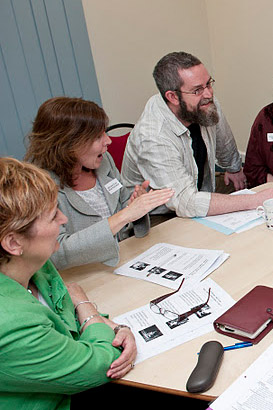
Policies are part of the safeguarding process which protects both pupils and staff and promotes best practice. They ensure that children and young people have a positive daily experience of personal care and allow staff to be confident in what they are doing.
School policy content is influenced by national and local government policy and guidance, as well as the school's population of children and young people.
All school staff involved should expect to familiarise themselves with their school's specific key policies during induction, before undertaking any intimate/personal care. They have a responsibility to work within school policies and guidance.
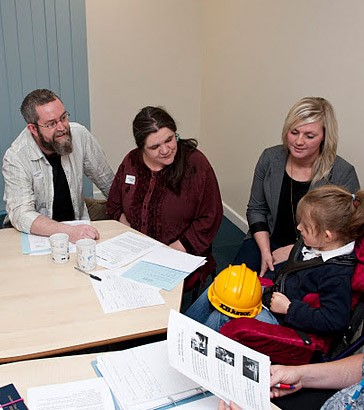
Review the following policies and compare them with your own school's intimate care policy. In light of this, what are the amendments, if any, you might make to your own?

The following is a list of common policies relating to safeguarding, privacy and dignity in schools:
- Intimate care policy
- Infection control policy
- Moving and handling policy
- Safeguarding policy
- Health and safety policy
- Tube feeding protocols
- First aid policy
- Administration of medication.
Policies will usually have additional guidance and protocols.
Compile a similar comprehensive list of the policies, guidance and types of supporting documents (eg individual health care plans) which underpin practice in your own school.
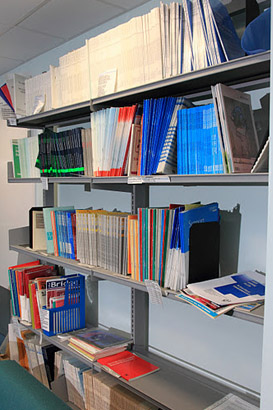
Local Safeguarding Children Boards (LSCBs) require schools to publish specific policies and guidance underpinning safeguarding. For example, Bridgend LSCB (2011) requires, among other things:
- A clear safeguarding and child protection policy which highlights the vulnerability of disabled children.
- Clear guidance on the use of medication, eating and drinking, and intimate care.
- Clear guidance on restrictive physical intervention (restraint).
- Risk assessments which clearly outline how the child's needs for care, supervision and safety are to be met, and what are permissible forms of restraint and control.
- A clear procedure regarding allegations against staff to be in place.
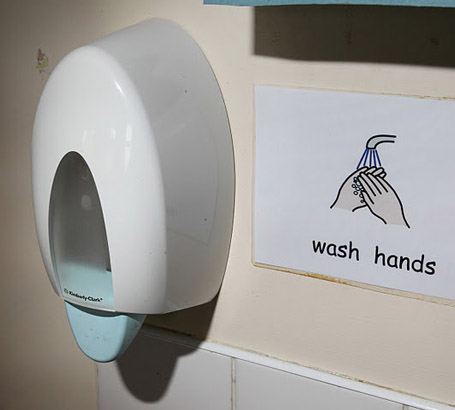
The importance of infection control and taking action to maintain it is illustrated by the case study below.
Infection control is important in all environments, but particularly where there are children and young people with fragile health and complex support needs.

Bridgend Local Safeguarding Children Board (2011) Multi-agency protocol for safeguarding disabled children.